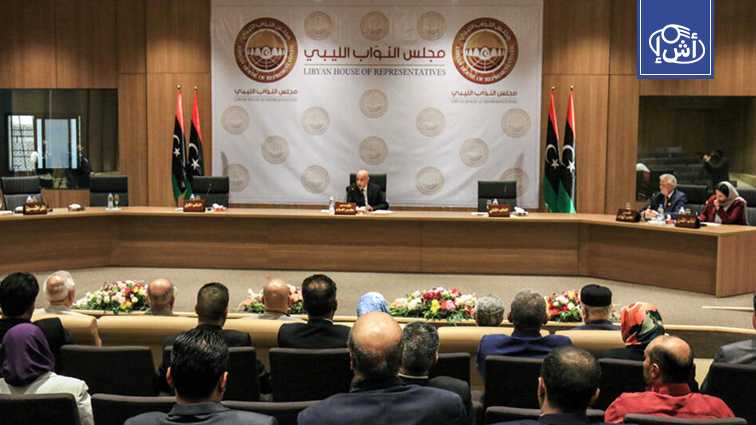The Foreign Affairs Committee of the Libyan Parliament announced that it rejects the decision of Burkina Faso to nationalize the Libyan Arab Bank for Trade and Development.
The committee called on the authorities of Burkina Faso to review its decision, expressing its concern about the fate of Libyan investments in Africa and the Sahel region, and affirmed its support for the Libyan Bank.
The decision of the State of Burkina Faso to nationalize the Libyan Arab Trade Bank sparked a wave of controversy and prompted interest in the future of Libyan investments across the African continent, and highlighted the need for Libya to reconsider its investment strategies and strengthen its economic position in Africa.
The head of the outgoing National Unity Government followed developments and emphasized the activation of new investment axes with the aim of strengthening the Libyan presence on the continent, and held expanded meetings with officials of the Libyan Investment Corporation to explore new horizons and identify promising opportunities.
Both the Libyan Foreign Bank and the Government of National Unity confirmed that work is underway to develop mechanisms that will allow Libya to strengthen its role as a major actor in the development of the African economy, while emphasizing the strategic importance of economic diplomacy in building relations with the Sahel countries and enhancing joint cooperation.
The bank was established according to the agreement signed on February 6, 1984 between Libya and Burkina Faso, and at the end of last month the Burkina Faso government decided to nationalize the bank based on the outcomes of the Council of Ministers meeting in Ouagadougou.
This measure aims to ensure better governance of the bank, as it was noted that there was insufficient support for the bank from the Libyan side, and it was satisfied with providing its share of social capital.
A Libyan-Egyptian meeting to enhance cooperation in the field of housing and urban projects
